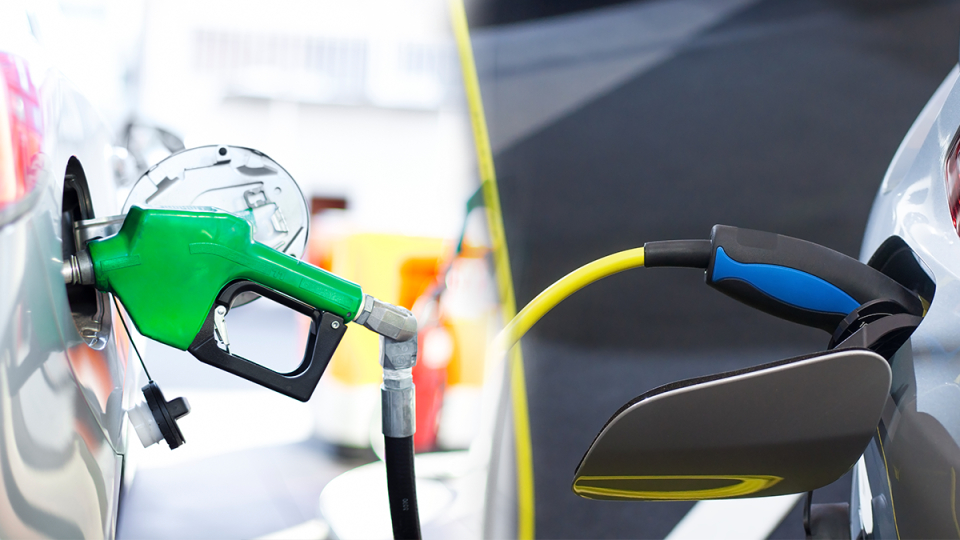Longevity and Cost Considerations of Petrol Cars vs EVs

Longevity and Cost Considerations of Petrol Cars vs EVs
In today's automotive landscape, the transition to greener technology faces a significant hurdle: the longevity of internal-combustion cars. A recent study by S&P Global Mobility reveals that the average age of light vehicles on U.S. roads has reached an all-time high of 12.5 years, compared to 9.7 years two decades ago. As new cars become more expensive and durable, owners have compelling reasons to hold onto their vehicles for longer periods. However, older cars require regular maintenance and replacement parts, increasing the likelihood of changing hands or being retired altogether. The customers can get the latest updates of Longevity and Cost Considerations of Petrol Cars vs EVs.
The Price Reliability Factor
New cars offer enhanced reliability but come with heftier price tags. According to Kelley Blue Book, the average transaction price for a new vehicle in April 2023 was $48,275, representing a 3.7% increase from the previous year, mainly driven by the popularity of higher-priced trucks and SUVs. The added reliability of new cars contributes to their extended lifespan, but affordability becomes a concern for many consumers.
The Slow Path to Petrol-to-Electric Conversion
The study emphasizes that the conversion from petrol-powered cars to electric vehicles (EVs) will take decades. Experts predict that most petrol cars will remain on the roads until at least 2050, if not longer. The high prices, poor reliability, and shorter lifespan of EV contribute to this slow transition.
Current State of EVs
In 2023, the average age of an EV stands at a mere 3.6 years, according to the report. However, battery data tracked by Recurrent, a prominent industry source, suggests that EVs outlast their 8-year, 100,000-mile warranty. EV manufacturers claim that their vehicles can last between 15 and 20 years, but the lack of long-term data makes it challenging to substantiate this assertion.
Environmental Considerations
Despite their challenges in affordability and reliability, EV undeniably have a lower global carbon footprint compared to petrol cars. The report acknowledges their environmental benefits, aligning with the consensus that the future of transportation lies in Electric Cars. However, it is crucial to recognize that petrol-powered cars will continue to play a significant role in the automotive industry for the foreseeable future.
A Transition in Progress
While the future undoubtedly belongs to electric vehicles, the dominance of petrol-powered cars will persist for a considerable time. The study emphasizes the complex factors of affordability, reliability, and environmental impact that influence the decision-making process for consumers. As the industry continues to evolve and technology advances, the transition to electric vehicles will gain momentum, ultimately shaping the future of transportation.
Related Auto News Updates
Latest Discussions
Comments

















Add a Comment "Longevity and Cost Considerations of Petrol Cars vs EVs"